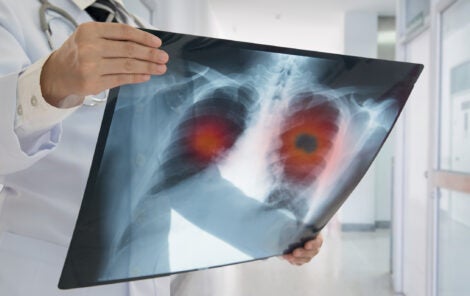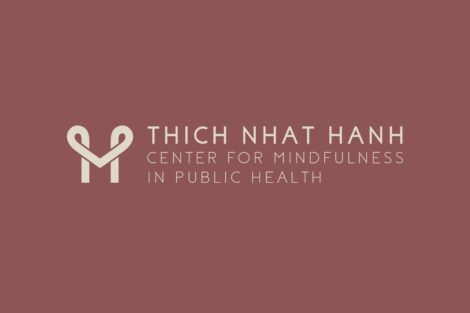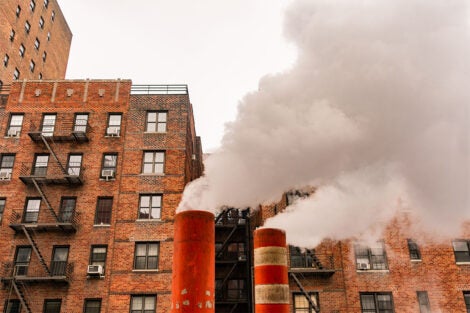The Environmental Protection Agency (EPA)’s Lead and Copper Drinking Water Rule Revision (LCRR) costs $335 million to implement while generating $9 billion in health benefits annually—far exceeding the EPA’s public statements that the LCRR generates $645 million in annual health benefits, according to a new study from researchers at Harvard Chan School.
Quitting smoking early was associated with higher survival rates following a lung cancer diagnosis, according to a new study led by researchers at Harvard Chan School. Compared to those who never smoked and were being treated for non-small cell lung cancer (NSCLC), current smokers had 68% higher mortality and former smokers had 26% higher mortality.
The Thich Nhat Hanh Center for Mindfulness in Public Health will launch April 26 at the Harvard Chan School. The Center’s mission is to empower people around the globe to live with purpose, equanimity, and joy through the practice of mindfulness; pursue evidence-based approaches to improve health and well-being through mindfulness; and educate and train the public in mindfulness.
High consumption of sugar-sweetened beverages was associated with an elevated risk of premature death and incidence of cardiovascular disease among people with type 2 diabetes, according to a new study led by researchers at Harvard Chan School. Drinking beverages like coffee, tea, low-fat cow’s milk, and plain water was associated with lower risk of dying prematurely.
Exposure to fine particulate air pollutants (PM2.5) may increase the risk of developing dementia, according to a new meta-analysis from Harvard Chan School.
Stronger regulations lowering levels of fine particulate air pollutants (PM2.5) would benefit the health of all Americans, but Black Americans and low-income Americans would likely reap the most benefits, including a lower risk of premature death, according to a new study led by Harvard Chan School.
In the first nationally representative survey of U.S. adults on reasons for trust in federal, state, and local public health agencies’ information during the COVID-19 pandemic, researchers found that high levels of trust were not primarily due to people believing agencies had “done a good job” controlling the spread of COVID-19, but rather to public beliefs that agencies communicated clear, science-based recommendations and provided protective resources, such as tests and vaccines. The survey found that lower levels of trust were primarily related to beliefs that health recommendations were influenced by politics or corporations, or were conflicting.
Following a low-carbohydrate diet comprised primarily of plant-based foods was significantly associated with lower risk of premature death among people with type 2 diabetes, according to a new study led by researchers at Harvard Chan School.
Women who followed most aspects of a healthy lifestyle, including healthy body weight, not smoking, regular exercise, adequate sleep, high quality diet, and moderate alcohol consumption, had about half the risk of long COVID compared with women without any healthy lifestyle factors.
A variety of healthy eating patterns are linked to reduced risk of premature death, according to a new study led by Harvard T.H. Chan School of Public Health researchers.









